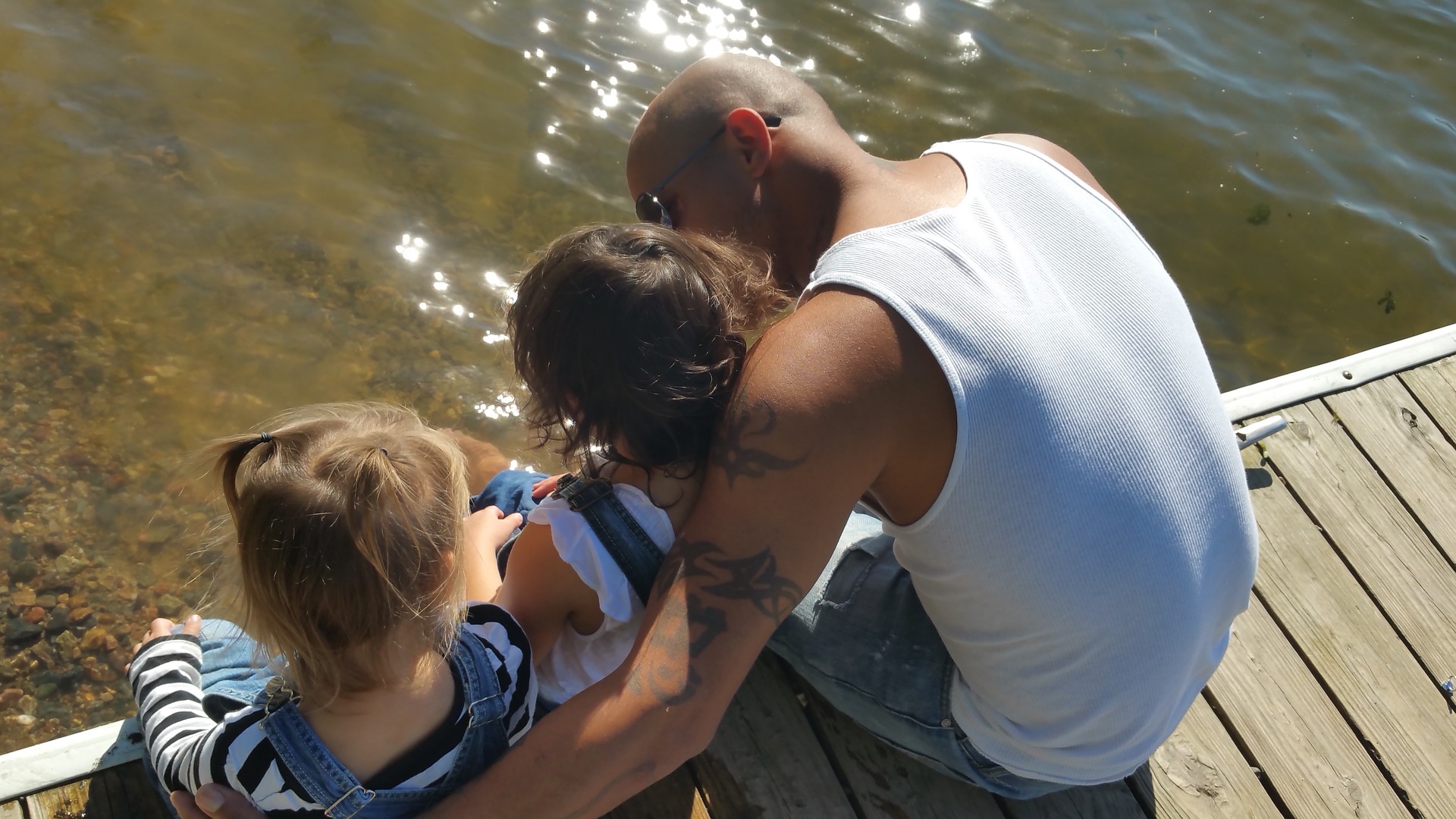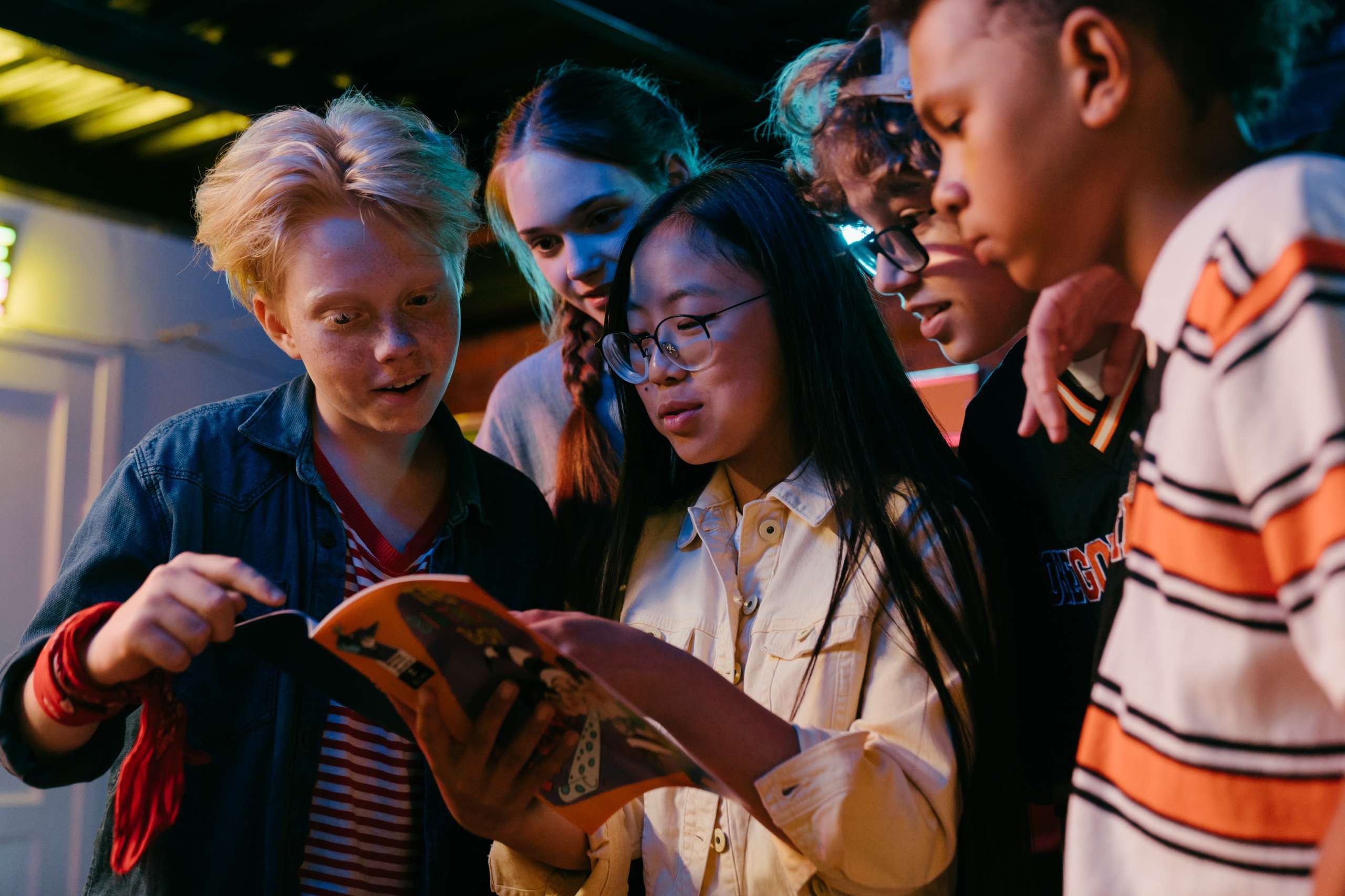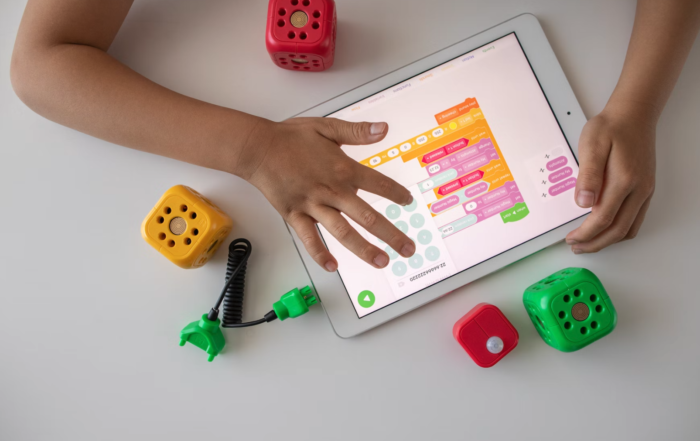When your child takes part in an extracurricular activity, it’s doing more for them than just providing something for them to do. Chances are they’re learning a new skill and meeting new friends. But the benefits are more far-reaching than that.
Extracurricular activities help kids in so many ways that they may not even realize. Parents also may not see all of the benefits at first. But they may notice a positive change in their children which shows the effects that extracurricular activities are having.
In the first of our two-part series about building self-confidence and social skills in children, we’re going to take a look at the important role parents play.
Helping Children Build Social Skills and Confidence
There are many things that parents can do at home every day to help build their children’s social skills and confidence. Jasmine Zhang, Graduate Student in Clinical Psychology at the University of Waterloo, says much of this can come from modeling.
“Children are very susceptible to outside influences. When they see other people behave a certain way, they can follow suit,” says Zhang.
When children are younger, much of the modeling that is done is based on what they see their parents doing. Parents can show their children how to act and improve their social skills. This can include:
- Respecting personal space
- Showing empathy when necessary
- Explaining how to have a conversation
- Showing how to express themselves
- Teaching manners
These are all things that parents can teach their children when they are younger, but as they get older, things tend to shift more towards their peers.
“Peer relationships become the dominant sphere of development. It’s important to help them recognize what kind of friend they are,” says Zhang.
Although there is a shift as children get older, it doesn’t mean that parents are totally out of the picture. They can still be active in helping children develop those vital social skills and build confidence.
Parents of teens can help their children build social skills by:
- Teaching them how to have a conversation with an adult
- How to make proper introductions
- Reading body language
- How to really listen to people when they’re speaking
Zhang suggests that parents can also provide opportunities for children of all ages to feel confident. This can get more complicated as they get older, but it can still be done. When a child is confident, they can be a problem solver and learn how to become more independent, which is something that parents strive for.
Helping Kids at Different Ages and Stages
How you help a six-year-old build confidence is going to look much different than how you help a 15-year-old. For younger children, it’s all about providing different opportunities.
“One important thing is to expose them to different areas where they may excel,” adds Zhang.
We all know that some kids are good at sports while others are better at art or technology. Give them the opportunity to explore. As a parent, you should let them explore and let them do what they find interesting, not what you want them to find interesting.
As kids get older, it’s easier for them to seek out and try different things. They often find more opportunities on their own or through what their friends may be doing.
Zhang reminds parents that if they’re not into whatever activity they’re doing, they won’t build confidence skills. The complete opposite may happen. If they’re not interested, they likely won’t put in the same effort as they would with an activity they enjoyed. This can lead to less than stellar results, ending with a child not feeling that great about themselves. This scenario is something to consider as you help your child on their self-confidence journey.
But, no matter what age, Zhang says that how you talk to your child can make them feel capable. Keep that in mind as your child explores different possibilities.
Final Thoughts
Parents play an important role in helping young children develop social skills and build confidence. Teaching children how to have a conversation and have empathy are just a couple of things that parents can do in that department.
Allowing children to explore can also help to build confidence. As they find activities they enjoy, they’ll likely build confidence as they succeed.
Coming up in the second of our two-part series, we’re going to take a closer look at how extracurricular activities, like the classes offered at MakerKids, can also help to build confidence and social skills.
Also Read
How Coding Classes Can Lead to a Career in Coding
Often, children are asked the question, what do you
Digital Creativity Unleashed: Coding as a Creative Outlet for Kids
When children learn to code, they’re not only learning
Unlocking Creativity: How Minecraft Can Foster Imagination and Innovation in the Classroom
Many people think of Minecraft as just a game











